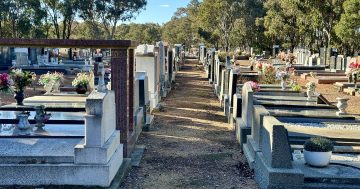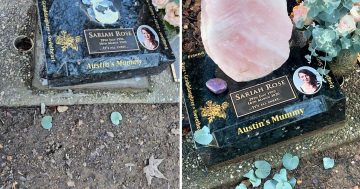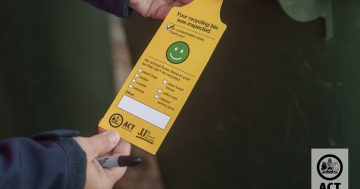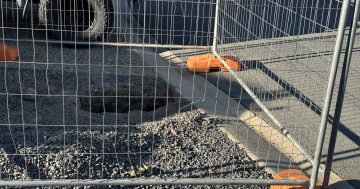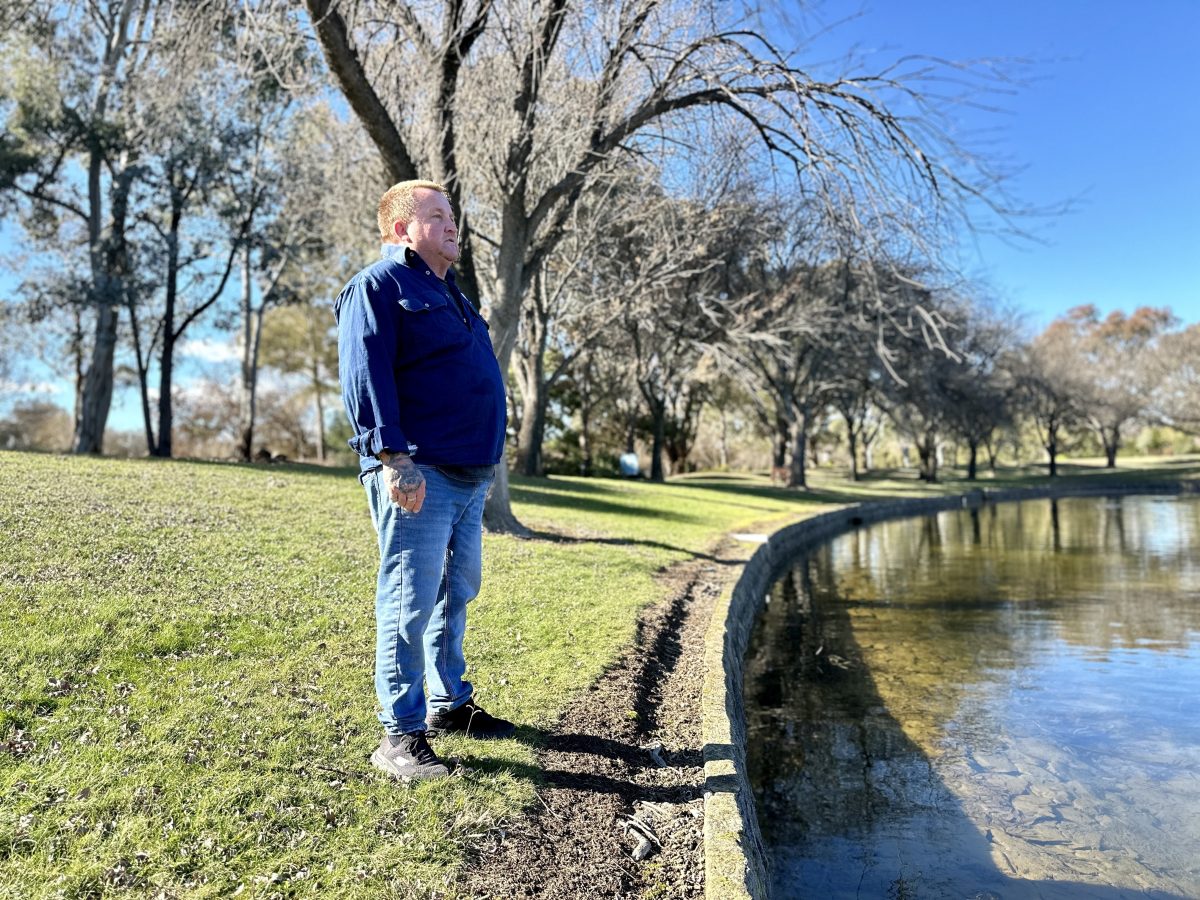
Mick Brennan is one of the crematorium operators at the Gungahlin Cemetery and Crematorium. Photo: James Coleman.
Mick Brennan was a self-confessed “bum”, picking up anything and everything when he stumbled into the job that would become his career.
“I thought I’d probably handle this job for a few years and move on,” he says.
It’s now 40 years later, and while he admits he’s “wearing out”, Mick would happily take another five before he retires to live as ‘Pop’, grandfather to six grandchildren, and husband to Vicky.
Mick is one of the crematorium operators at Gungahlin and a longstanding grave digger and caretaker at the Woden Cemetery. Chances are you’ve seen him as he has helped lay an estimated 25,000 Canberrans to rest through burials and cremations.
“The quickest way is to have a look around Woden Cemetery for all the raised blocks, and every one of those is a grave I have dug,” he says.
Born and bred in Queanbeyan, Mick trained as an apprentice mechanic out of school but failed to make the cut for the technical drawing component.
He applied for a job with Total Care, the company contracted on behalf of the ACT Government at the time to build and maintain the city’s parks and green spaces and began his first shift at a depot in Rivett, aged 20.
His initial career strategy was to “bullshit” his way through things.
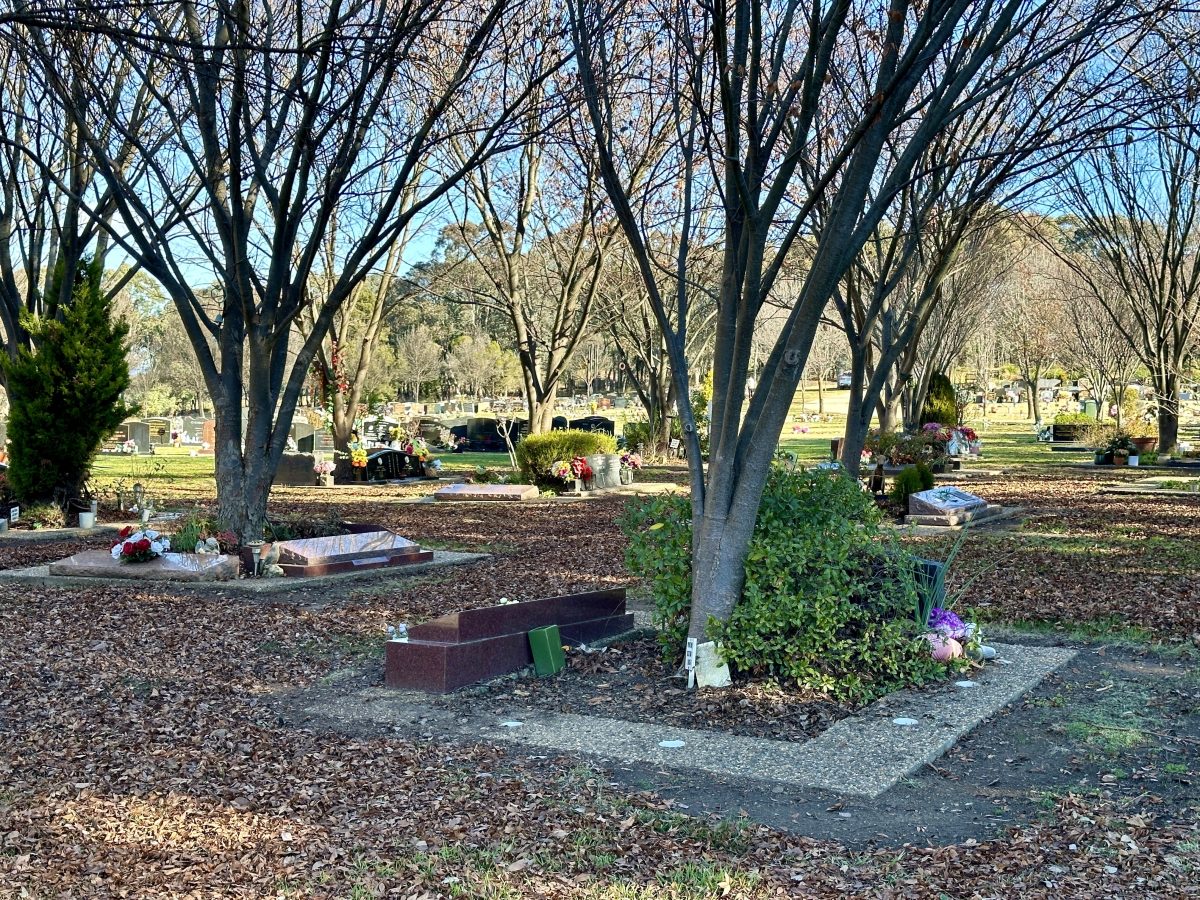
Shovels aren’t used much nowadays for digging graves. Photo: James Coleman.
“I started on machines, and I basically didn’t know what the hell I was doing,” he says.
“I got on, pulled that lever and that lever and thought, okay, I can do this. And the more and more machines I got on, the more and more I challenged myself and the more and more I got done.”
He soon moved to another depot in Mawson, which looked after the entire Woden district. From there, he was offered the job of a grave digger at the Woden Cemetery.
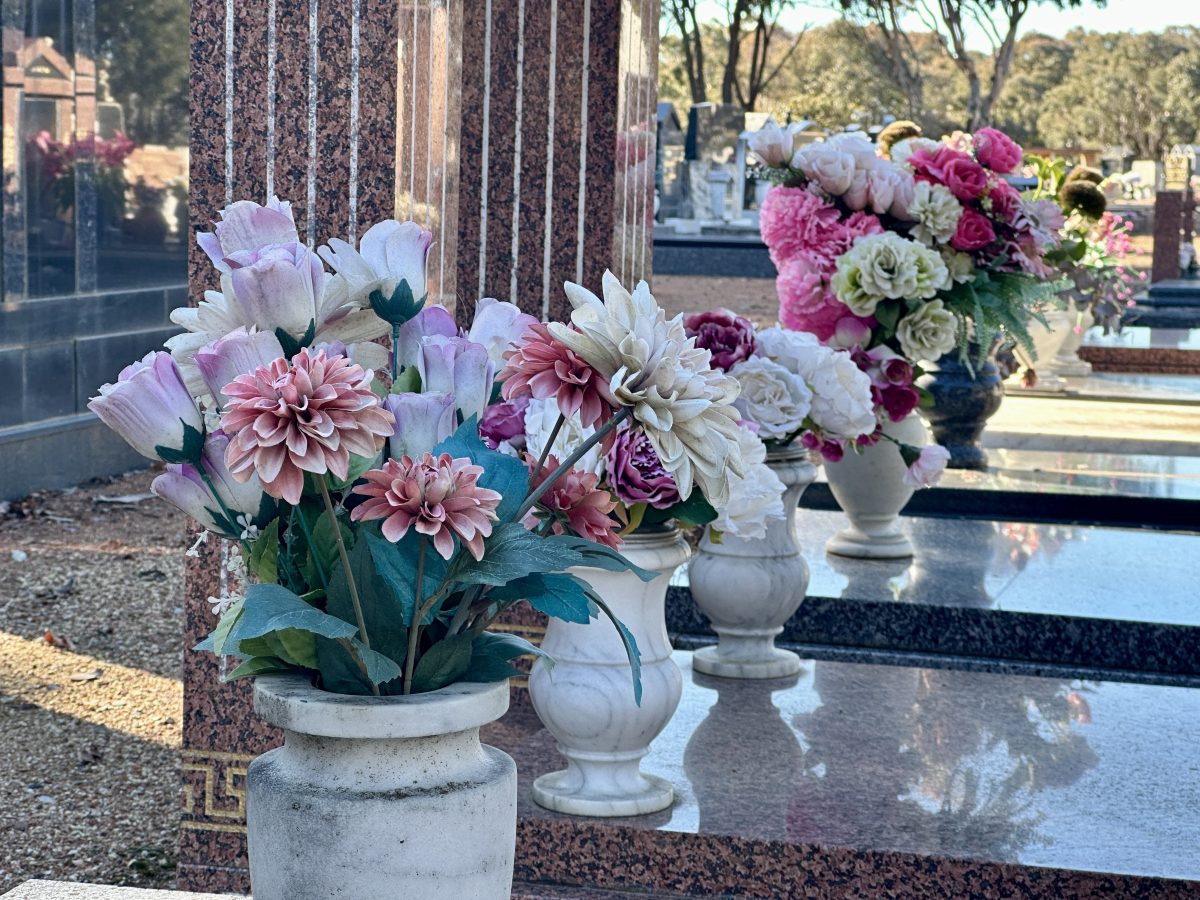
Everyone loves plastic flowers, except for cemetery caretakers. Photo: James Coleman.
Digging by hand with shovels is discouraged for OHS reasons, so mini-excavators are used to dig new graves to a depth of 1.8 metres (or, in old speak, six feet). The rest of the grounds are maintained with mowers, blowers and whipper-snippers to keep them trim and neat.
There are codes around what sort of items family members can leave at gravesites, and for most, Mick has “common sense and a heart”. But the years have left with him with a couple of pet peeves – glass jars, because they always end up broken into sharp pieces, and plastic flowers.
“Everyone loves their plastic flowers in a cemetery, but what happens when you’re doing maintenance at the cemetery? You run over one plastic flower with a lawn mower, and it turns into 100 plastic flowers.”
Nowadays, an average of 60 per cent of Mike’s working day is spent in the office, making sure all the i’s are dotted and t’s crossed on paperwork for upcoming cremations and burials, with only a few hours in the afternoon spent outdoors.
Woden is also where his mum is buried, and he always takes time in the week to visit her.
“Even if I don’t go and sit on her grave, I’ll walk past and say hello.”
Located in the middle of a public park, plenty of people wander through the Woden Cemetery every day, and Mick estimates he’s on first-name terms with at least 20 of the regular visitors.
“We always say good morning or good afternoon and … for sure, build a couple of good relationships.”
His favourite part of the job is watching friends and families leave the cemetery with smiles on their faces – despite the fact it’s often one of the worst days of their lives – and knowing he helped.
“At the end of the day, this job isn’t for me – it’s for the family. And whatever I can do for the family, I’ll move mountains.”
Original Article published by James Coleman on Riotact.



